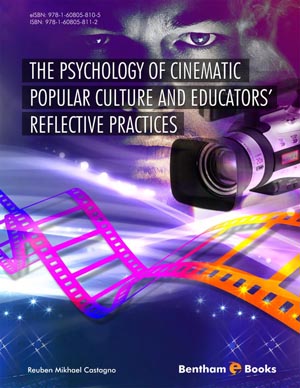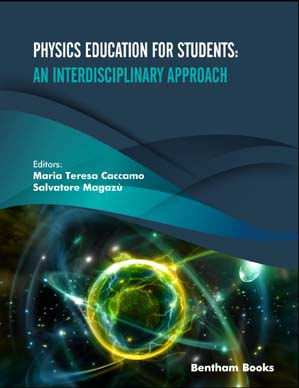Abstract
In order to assess the different varieties of educators’ cinematic reflective practices, the researcher made use of the subjects’ cinematic journals, cinematic essays, and the planning of a classroom cinematic learning experiences. The researcher conducted a “document content analysis”, a widely used method in qualitative inquiry (Frankel & Wallen, 1993). The basis of analysis was the unit of educators’ conceptual thinking on the connection of popular cinema to pedagogy. A thought unit in this study was defined as the written entry indicating a repeatable discernible segment of a reflective claim regarding the self (i.e., the speaker/writer), the other(s), and/or a combination of the speaker and the other presenting something inter-subjective).
Keywords: Habermas’s Domains, Discursive Acts, methodology, cinematic, emancipatory, intersubjective technical, pilot analysis.













